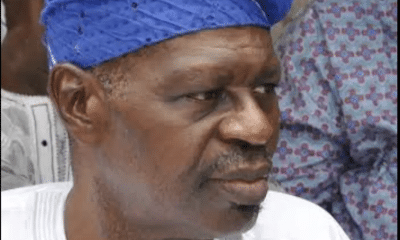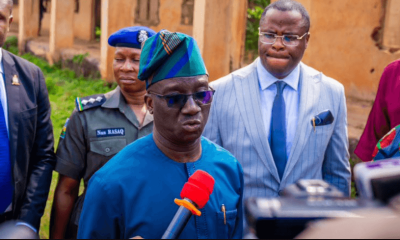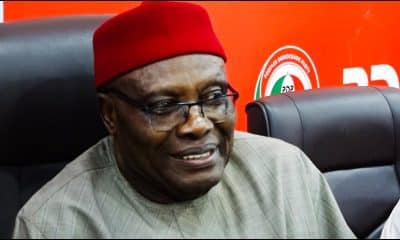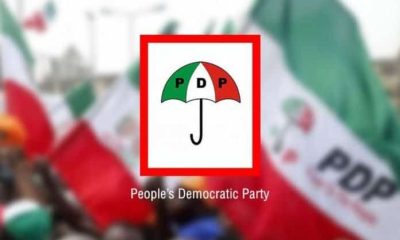Politics
Nigeria Needs To Decentralize Powers To The States – Olawepo-Hashim
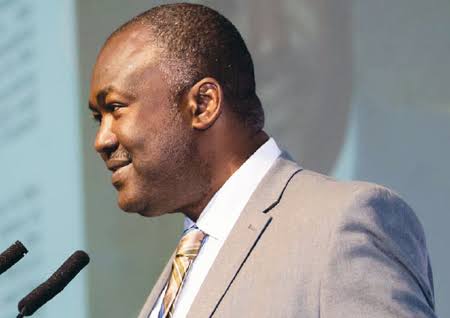

Presidential Aspirant Mr Gbenga Olawepo-Hashim (Source: Dotun Roy’s Blog)
Presidential Aspirant Advocates Decentralization Of Power
“To survive as a productive country, Nigeria needs to decentralize power to various state in the federation” this were the words of Presidential aspirant and former Deputy National Publicity Secretary of the Peoples Democratic Party, PDP, Mr. Gbenga Olawepo-Hashim yesterday.
This he said at a public lecture titled: ‘Nigeria: Agenda for an all round development,” which was organised by the post-graduate college of the Obafemi Awolowo University, Ile-Ife, Osun State.
He said: “We have been talking about restructuring and that is something a lot of people are afraid of, but one thing I know is that if Nigeria will survive as a productive country, we need to decentralise power. I don’t believe in going back to the regions. What we need to do is to ensure that states have control over the resources in their environment. For instance, in the United States of America, the states have their laws; if you don’t like the kind of decision in a state like Texas, you can relocate to another state. If we allow the states to have control of their resources, they will develop faster.
“In order to direct available finance in the country for key task of industrialization; the country must prioritize available finance for modernizing the country’s infrastructure. The trend in which 80 per cent of revenue in the nation’s budget has been disproportionately consistently applied to recurrent expenditure; whilst capital expenditure takes the back seat at 20 per cent must be discounted
“To begin with, it must be the goal of public finance to allocate 50 per cent of revenue to capital expenditure. Secondly, there must be a complete change in the budgeting system from the current envelope system where annual budget are merely a repeat of previous year sectorial allocation with variations, accounting for inflation. Budgeting must become needs based, driven by national economic priority, based on a new plan to build modern infrastructure, make the needed social investment for the country and industrialise Nigeria.
“Thirdly, another element of financial reform that Nigeria needs to undertake is to ensure banking and financial sectors make capital available to the real sector of the economy. Whereas, monetary policy formulation is within the competence of the Central Bank which has autonomy over this matters, the necessary coordination between the fiscal and monetary Authorities must be generated to allow the new reform, which must also include bringing down the present unsustainable lending rate to a single digit.”

